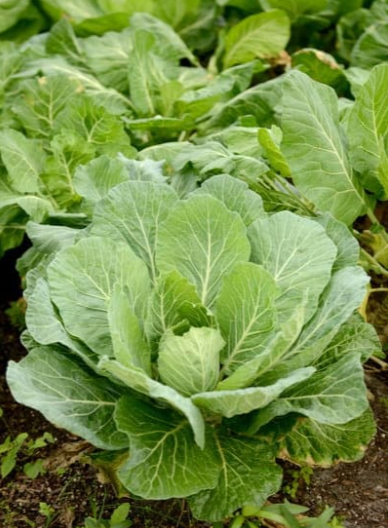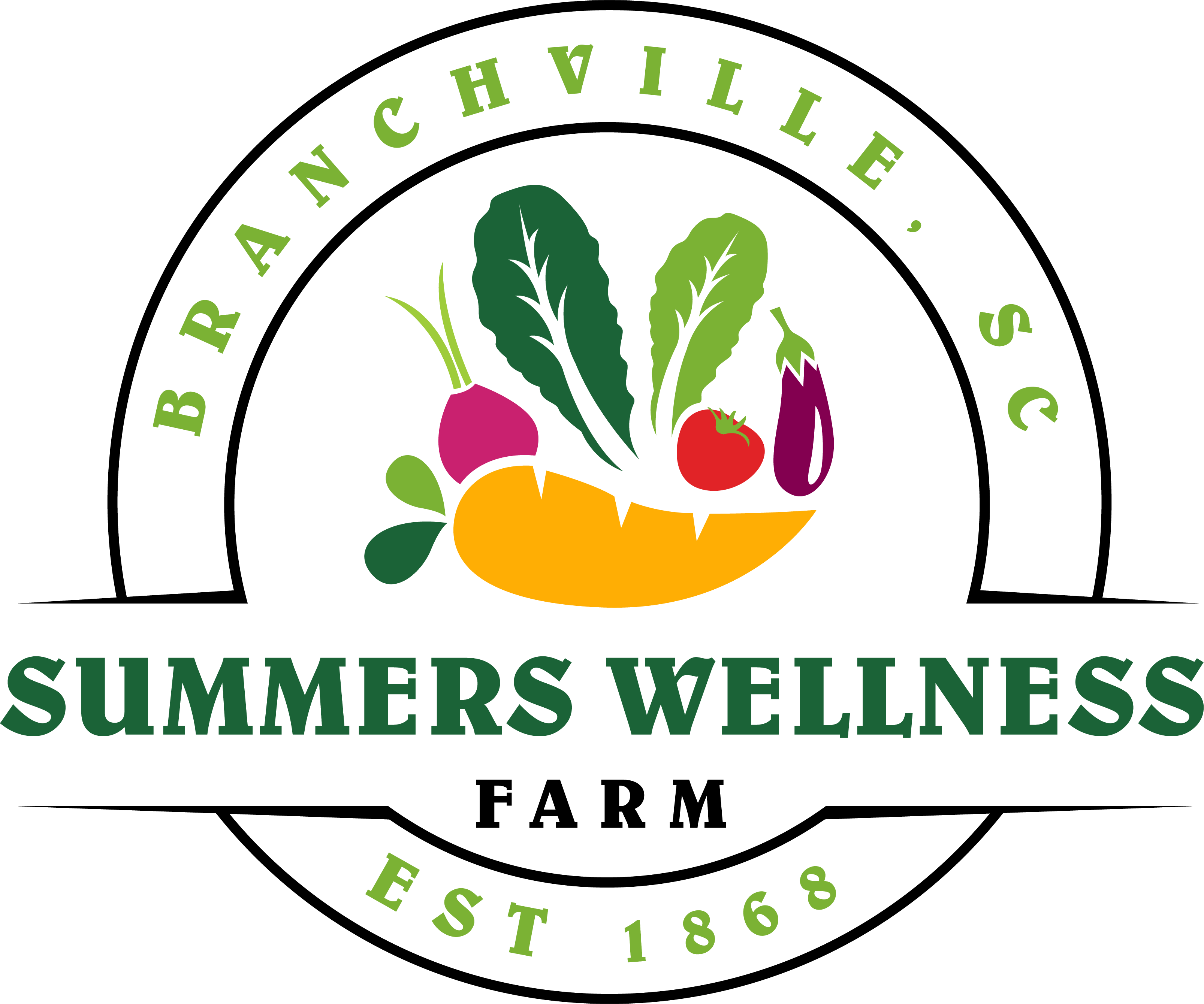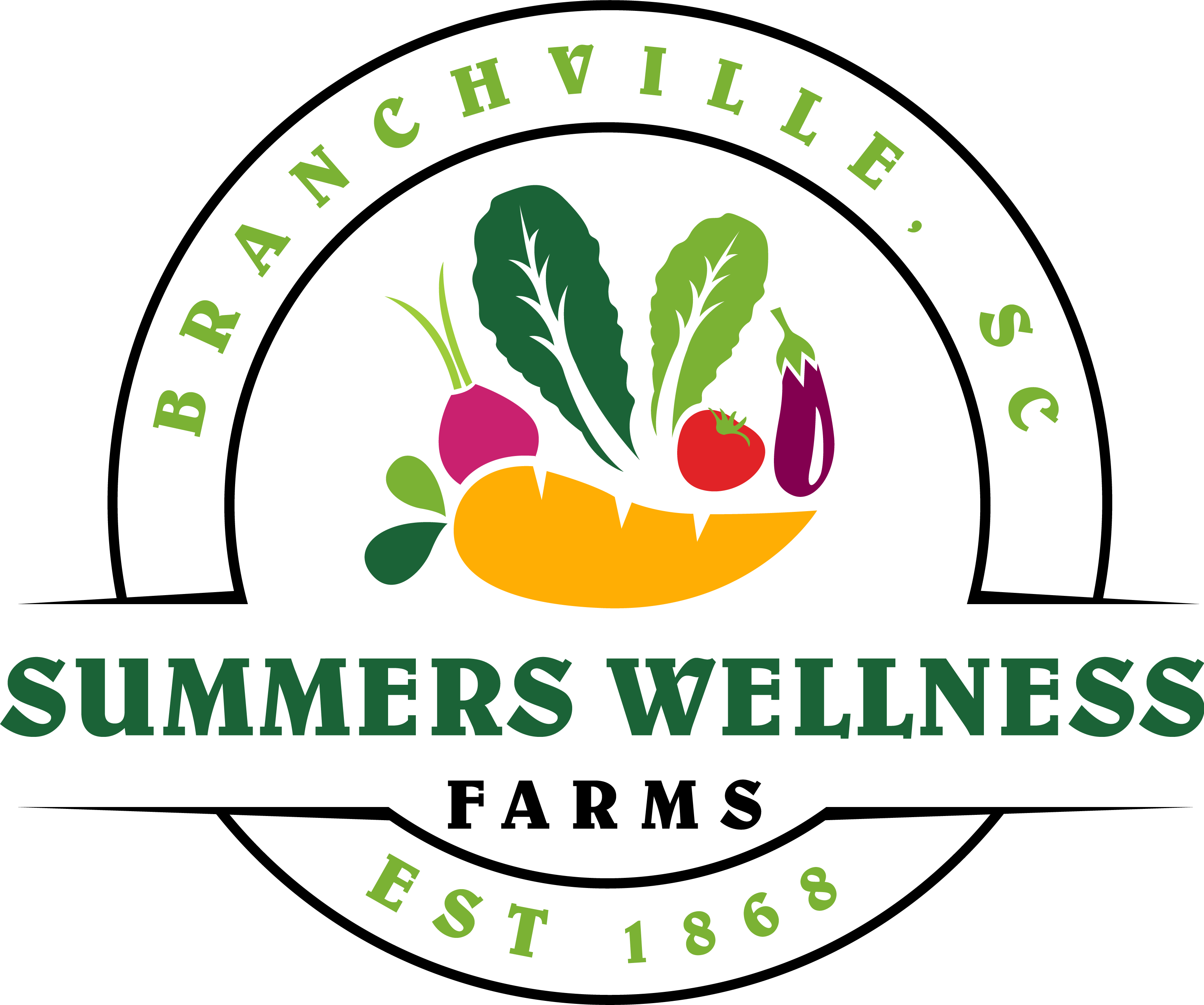Organic Collards
Collards
Collard greens, commonly called collards, are nutrient-rich leafy green vegetables with a long history in traditional Southern cooking and global cuisines. Known for their robust flavor and versatility, collards are a favorite among chefs and health-conscious consumers alike. Their rich nutritional profile and hearty texture make them a staple for businesses seeking to provide high-quality organic wholesale produce.

Health Benefits of Organic Collards
- Rich in Vitamins A, C, and K: Supports healthy vision, boosts immunity, promotes strong bones, and aids in proper blood clotting.
- High in Calcium: A plant-based source of calcium that supports bone and dental health.
- Excellent Source of Fiber: Promotes healthy digestion and helps maintain stable blood sugar levels.
- Packed with Antioxidants: Protects cells from damage caused by free radicals and reduces inflammation.
- Supports Heart Health: Contains compounds that may help lower cholesterol and improve cardiovascular health.
- Detoxifying Properties: Contains glucosinolates that support liver function and aid in natural detoxification.
The Taste of Collards
Collards are known for their bold, earthy flavor and slightly bitter undertone. When cooked, their flavor mellows, developing a rich, savory taste that pairs well with spices, smoked meats, and tangy seasonings like vinegar. Their sturdy leaves hold up well to cooking, making them ideal for slow-cooked dishes, braises, and hearty wraps.
Whether blanched, sautéed, or simmered, collards bring a comforting, robust flavor to various meals.
Culinary Uses of Organic Collards
Collard greens are a versatile ingredient with deep roots in traditional and modern cuisine. Here are some popular ways to prepare and enjoy organic collards:
- Classic Southern-Style Collards: Simmered low and slow with smoked meats, onions, and spices for a comforting and flavorful side dish.
- Collard Wraps: Large, sturdy leaves make an excellent low-carb alternative to tortillas or sandwich wraps filled with grains, proteins, or fresh vegetables.
- Sautéed Collards: Quickly cooked with garlic, olive oil, and a splash of lemon or vinegar for a simple and nutritious side.
- Collard Stir-Fry: Chopped collards sautéed with soy sauce, ginger, and vegetables for a quick, healthy meal.
- Soups and Stews: Collards add heartiness and nutrition to white bean and collard stew or vegetable soup.
- Collard Pesto: Blended with garlic, nuts, and olive oil for a unique twist on traditional pesto.
Why Add Organic Collards to Your Inventory?
Organic collards are a valuable addition to any produce lineup. They appeal to consumers looking for nutrient-packed greens and versatile cooking options. Their hearty texture, bold flavor, and health benefits make them popular for chefs, families, and health enthusiasts.
Collards’ ability to elevate traditional comfort food while seamlessly fitting into modern, health-conscious diets makes them a year-round essential for grocery stores, restaurants, and catering businesses. Offering organic collards ensures your business can meet the growing demand for high-quality, nutrient-rich leafy greens.
Dive into nutrient-packed goodness and add organic collards to your cart for a fresh, healthy boost in every dish.
At Summer Wellness Farm we grow varieties of vegetables in our garden. We have an abundance of vegetables from May – December. We grow delicious vegetables organically and prioritising the health of the soil. We use the “no-dig” method of growing which means we do not till the soil.

